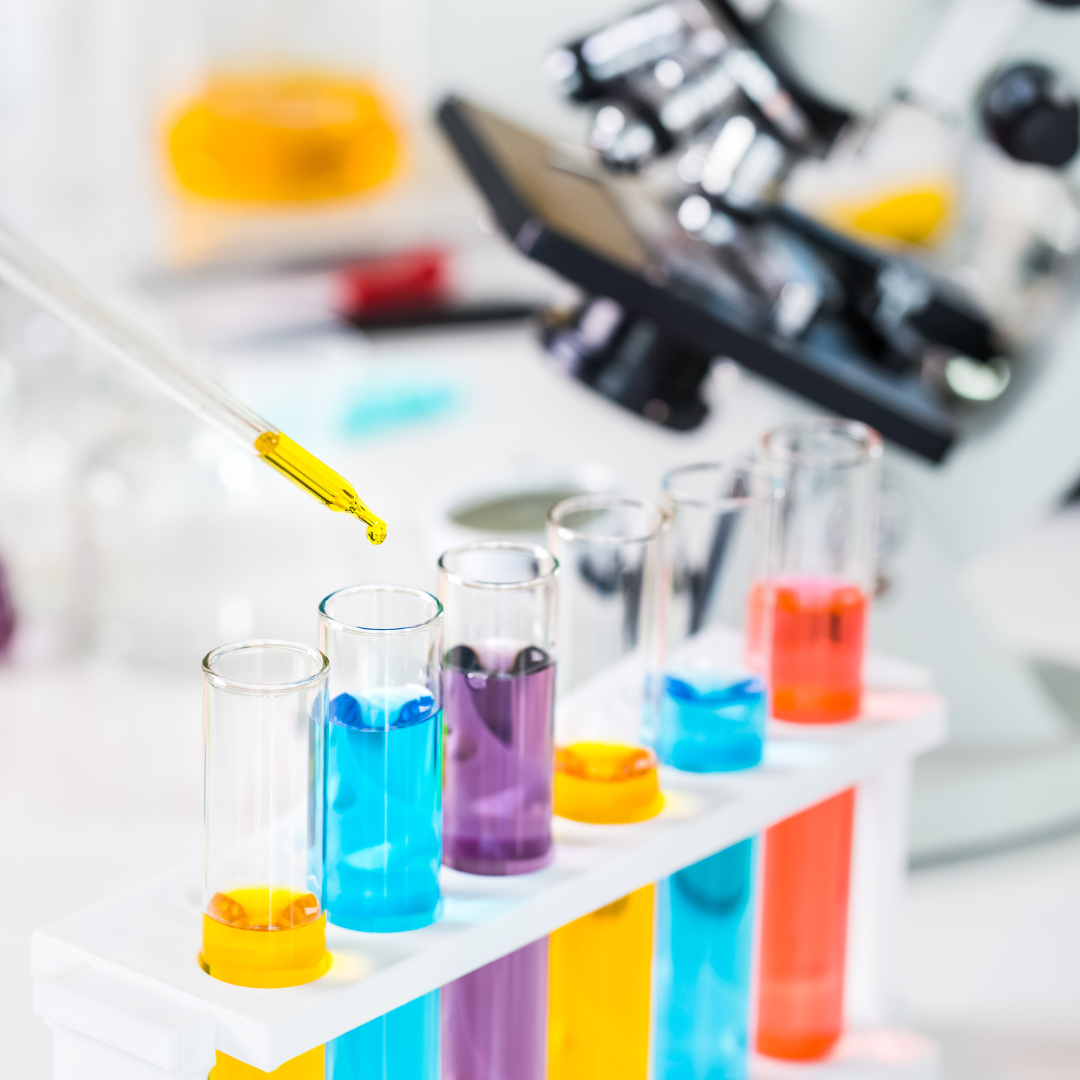
Clinical laboratory services and analyses play a crucial role in modern healthcare, aiding in the diagnosis, treatment, and monitoring of various medical conditions. These services encompass a wide range of tests and examinations that provide invaluable insights into a patient's health, helping healthcare professionals make informed decisions and deliver personalized care. In this blog post, we will delve into the significance of clinical laboratory services, explore the types of analyses they offer, and shed light on their contribution to better patient outcomes.
- The Significance of Clinical Laboratory Services
Clinical laboratory services are an integral part of the diagnostic process in healthcare. These services involve the examination of bodily samples such as blood, urine, tissues, and other fluids, seeking to detect abnormalities, pathogens, and changes in biochemical markers. By identifying these indicators, healthcare professionals can diagnose diseases early, monitor treatment progress, and even predict potential health risks.
- Types of Clinical Laboratory Analyses
- Hematology: Hematological tests analyze blood samples to assess various parameters such as red and white blood cell counts, hemoglobin levels, and platelet counts. These tests aid in diagnosing conditions like anemia, leukemia, and other blood disorders.
- Microbiology: Microbiological analyses focus on identifying infectious agents such as bacteria, viruses, and fungi. Culturing samples, performing sensitivity tests, and identifying pathogens help guide appropriate antimicrobial treatments.
- Immunology: Immunological tests assess the immune system's response, measuring antibody levels and identifying autoimmune conditions or immune deficiencies.
- Endocrinology: Endocrine tests measure hormone levels in the blood or urine to diagnose and manage endocrine disorders such as diabetes, thyroid disorders, and adrenal gland dysfunction.
- Clinical Biochemistry: Clinical biochemistry tests analyze various chemical substances in the blood to assess organ function, including liver and kidney function tests, lipid profiles, and markers of metabolic disorders.
- Coagulation: Coagulation tests evaluate the blood's ability to form clots properly. These tests are essential in diagnosing bleeding disorders and monitoring anticoagulant therapy.
- Serology: Serological analyses detect and measure antibodies in the blood to diagnose infectious diseases, autoimmune disorders, and certain allergies.
- Drug Levels: Drug level testing measures the concentration of specific medications in a patient's blood to ensure therapeutic levels and prevent adverse effects or treatment failure.
- Disease Diagnosis and Treatment
Clinical laboratory analyses are indispensable for accurate disease diagnosis. They provide concrete evidence that aids healthcare professionals in understanding a patient's condition, enabling them to design personalized treatment plans. Early detection of diseases through laboratory testing allows for timely intervention, increasing the likelihood of successful treatment outcomes.
- Monitoring and Management of Chronic Diseases
For patients with chronic conditions, regular laboratory testing is crucial for monitoring their progress and adjusting treatment plans as needed. By tracking biochemical markers and other indicators, healthcare providers can fine-tune medications and interventions, optimizing patient care and quality of life.
- Preventive Healthcare
Clinical laboratory services also play a vital role in preventive healthcare. Regular health check-ups that include laboratory testing can help identify risk factors and early signs of disease, empowering individuals to take proactive steps toward healthier lifestyles and disease prevention.
Clinical laboratory services and analyses form the cornerstone of modern healthcare, providing invaluable information for accurate diagnosis, personalized treatment plans, and ongoing monitoring of patient health. These services are essential for improving patient outcomes, managing chronic diseases, and promoting preventive healthcare. As technology continues to advance, the potential for even more sophisticated and precise laboratory analyses will undoubtedly enhance medical care, underscoring the significance of these services in the years to come.









